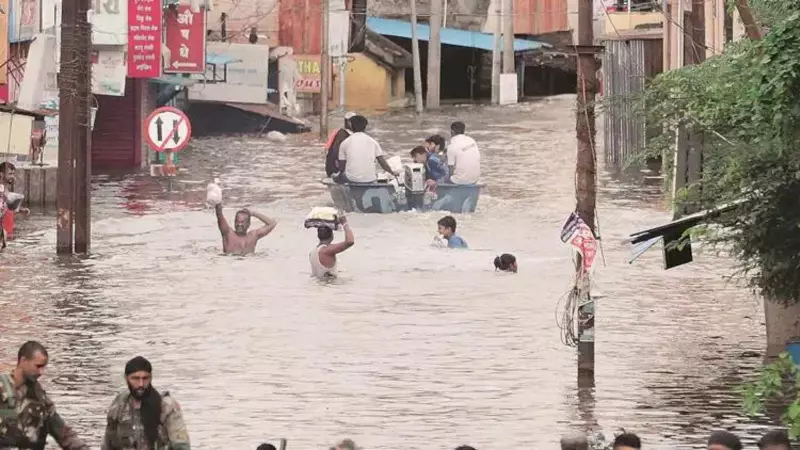
In a groundbreaking move to combat urban flooding, the Pune Municipal Corporation (PMC) has unveiled an innovative environmental solution: sponge gardens. These specially designed green spaces are being developed around the city's water bodies to naturally absorb and manage excess rainwater during heavy monsoon downpours.
The Science Behind Sponge Gardens
The concept revolves around creating natural absorption zones that function like sponges, soaking up surplus water that would otherwise overwhelm drainage systems and cause widespread waterlogging. These gardens incorporate specific soil compositions and vegetation that enhance water retention capacity while allowing gradual percolation into groundwater reserves.
Strategic Implementation Across Pune
PMC officials have identified multiple locations around lakes, ponds, and other water bodies where these sponge gardens will be established. The initiative represents a shift from conventional concrete-based flood control methods to nature-based solutions that work in harmony with the environment.
Key benefits of the sponge garden approach include:
- Reduced urban flooding during intense rainfall
- Improved groundwater recharge
- Enhanced urban biodiversity
- Natural water filtration
- Creation of green public spaces
A Sustainable Future for Urban Water Management
This initiative positions Pune at the forefront of sustainable urban planning in India. By embracing the 'sponge city' concept, the municipal corporation aims to transform flood-prone areas into resilient ecosystems that can withstand increasingly unpredictable weather patterns due to climate change.
The sponge gardens project represents a significant step forward in making Pune more flood-resistant while simultaneously addressing water conservation needs. As monsoon patterns become more erratic, such nature-based solutions could become essential components of urban planning across Indian cities facing similar challenges.





